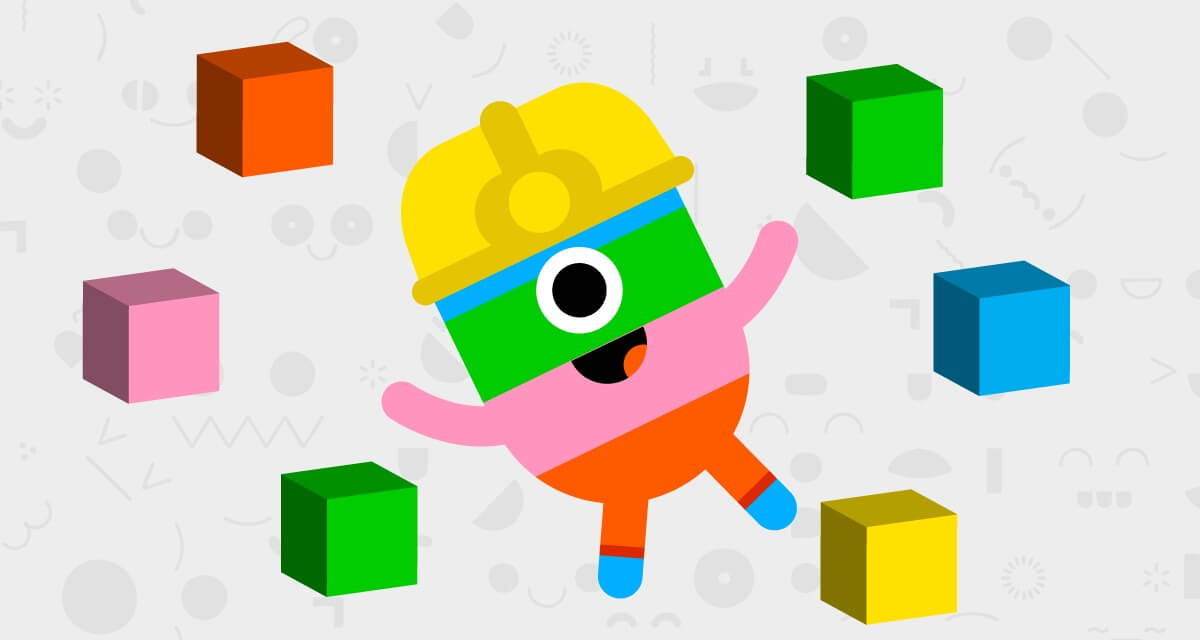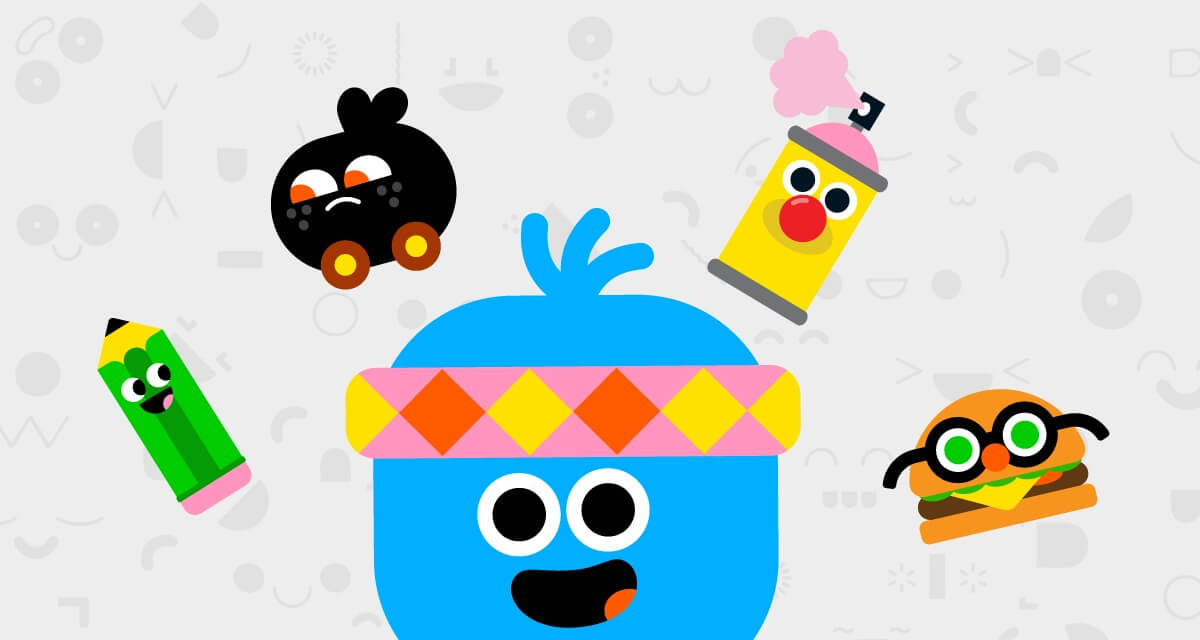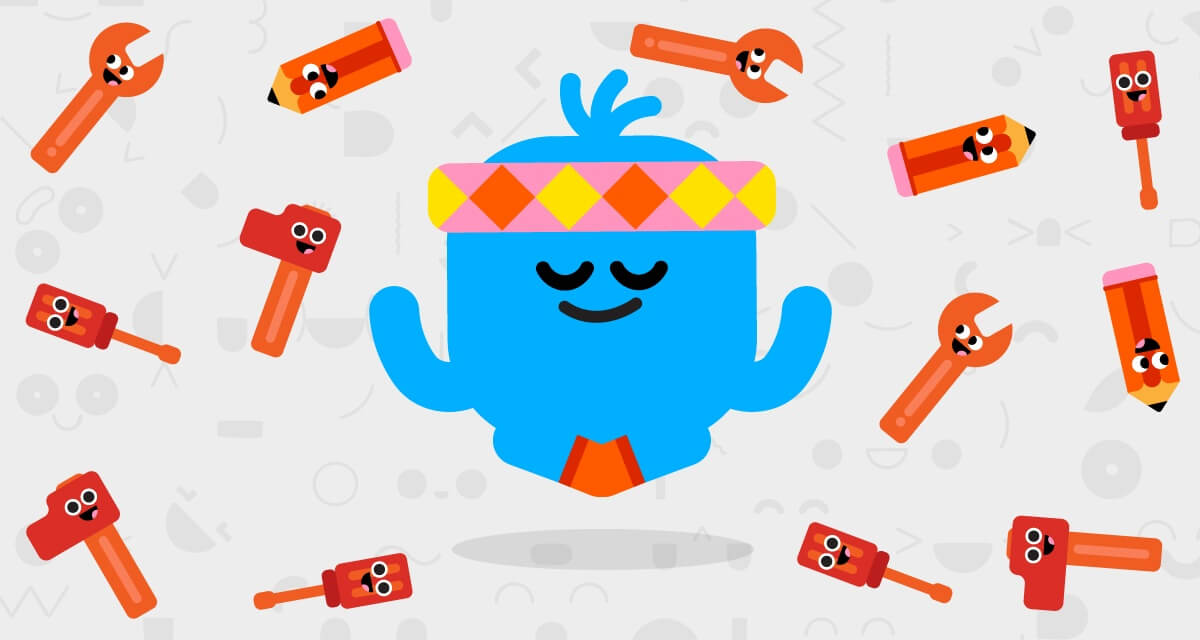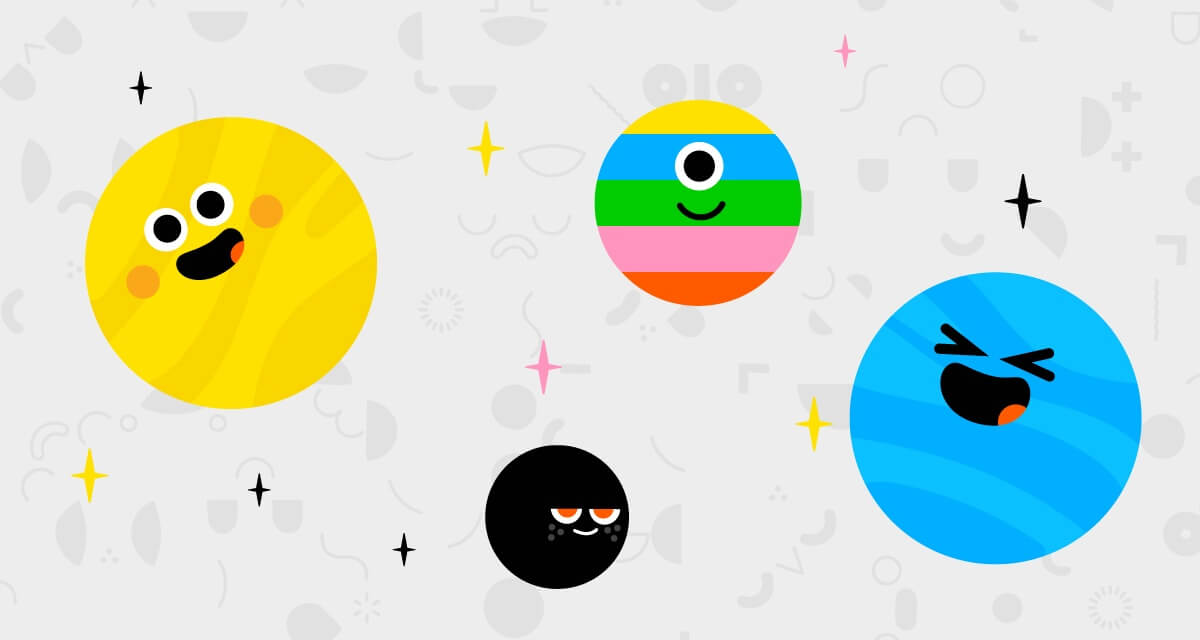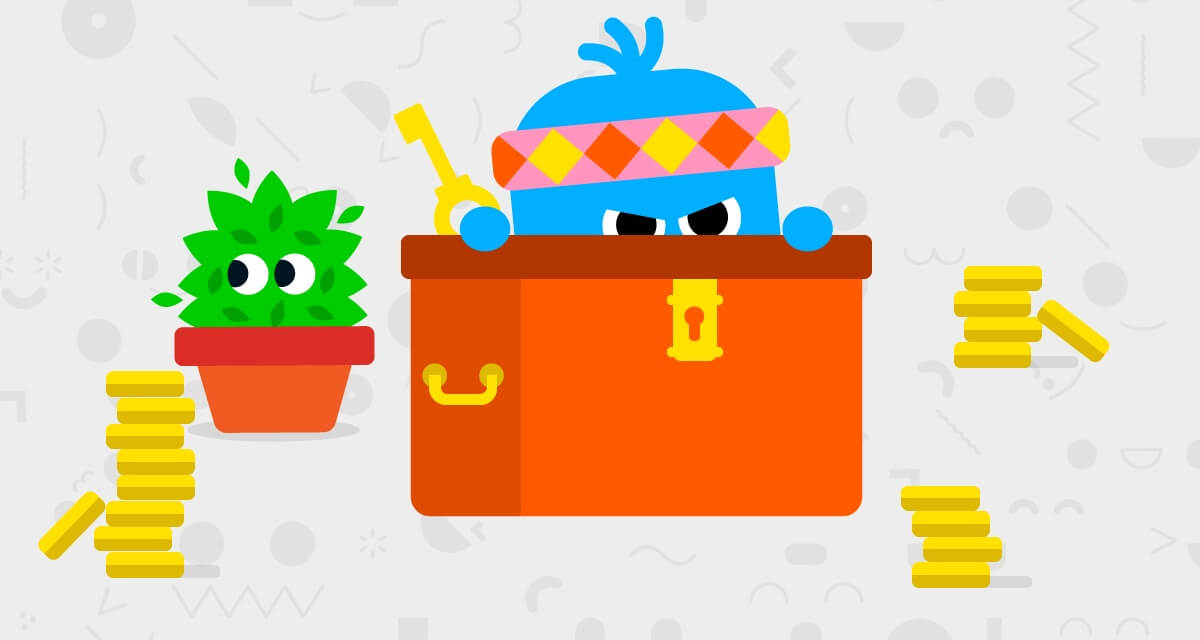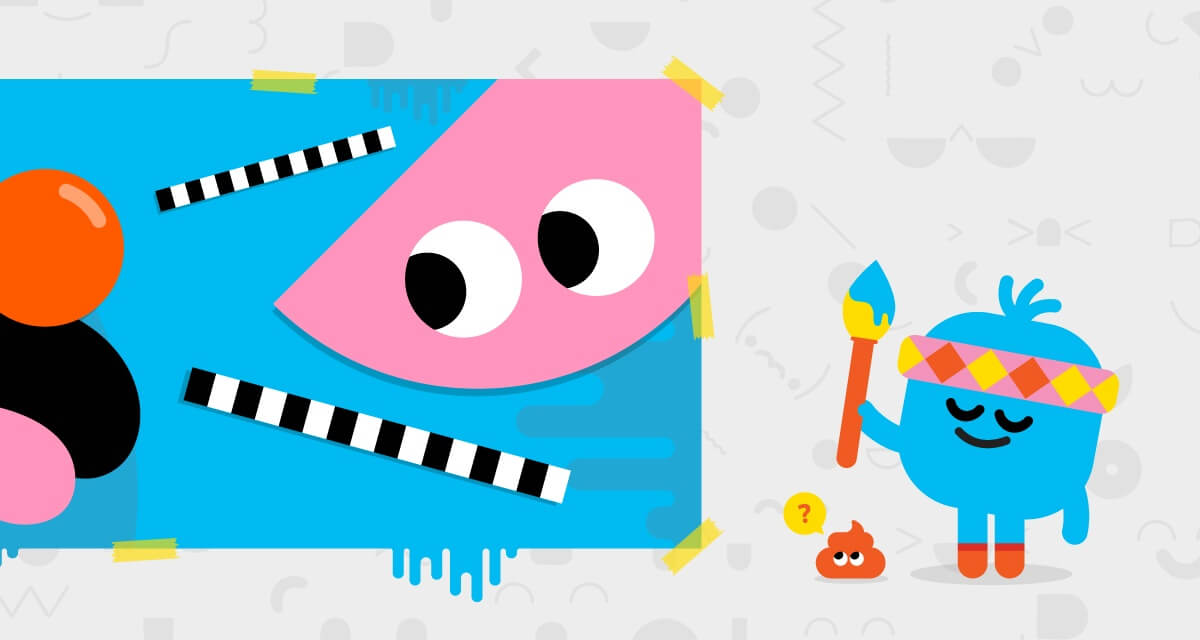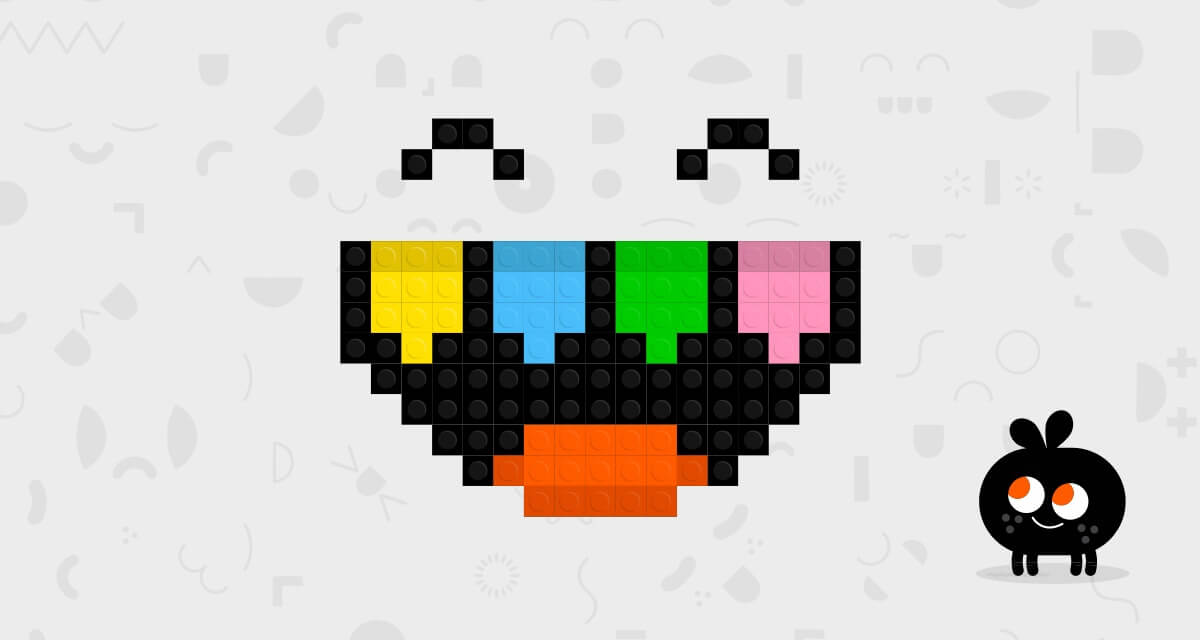Find out how to distinguish between a healthy passion and a problematic obsession.
- By
- Parker Barry
Does your child want to spend all of her time playing Minecraft or singing songs from Frozen? Parents frequently observe their kids becoming very involved in an interest, sometimes becoming an expert with seemingly endless knowledge about their favorite topics or activities. It is common to see a 4-year-old who appears to have a degree in paleontology because he knows so much about dinosaurs or an 11-year-old who must be planning on a career as a music critic because she is so up to date on the latest information about One Direction and Taylor Swift.
One of the most common “obsessions” for kids in 2015 (and 2012, 2013, and 2014) has been the video game Minecraft. When examining their kids’ infatuation with Minecraft, many parents wonder if the intensity of their interest might be harmful or reflect some underlying psychiatric issue. For the vast majority of kids, these passionate pursuits are healthy aspects of a curious and engaged approach to their world.
Opportunity to learn and explore
Many kids have particular areas of interest that keep their minds active and reflect a desire to learn more about something. Whether it be American Girl dolls, horses, video games, LEGO or sharks, there is ample opportunity for learning and exploration. When a kid’s passion is popular among her peers, it provides a chance to share experiences and interaction. It also allows a child to share an expertise that is often valued by peers or adults.
Minecraft is a great example of an interest that is easy to overdo but also to share with others. Many parents are concerned that their child’s overzealous focus on Minecraft minimizes their interests in other activities. Their fascination with Minecraft can also have an impact on friendships, because Minecraft may become the primary topic they want to talk about. Fortunately, because Minecraft is so incredibly popular, your child is likely to have many friends to choose from who are involved in this relatively wholesome activity.
Many parents are concerned that their child’s overzealous focus on Minecraft minimizes their interests in other activities.
When intense interests become problematic
Intense interests can occasionally become obsessions and problematic for a child. One way to determine if your kid’s intense interest is problematic is to examine whether it is restricting her in social relationships, interfering with her performance at school, diminishing her interest and energy for all other activities, or isolating her from others. If she is inflexible in her willingness to participate in other activities and seems to lack the ability to have fun when she is not allowed to pursue her passion, it is time to act. However for the most part, these intense interests have many positive features that can serve your child well in the present and in the future.
I generally do not suggest worrying too much about this issue. While Minecraft may be the focus of your child’s recreational life now, it is likely to change over the next few years. Many well-adjusted kids get consumed by an interest in which they develop an expertise. Kids with these interests do research, become emotionally and cognitively engaged, recognize what it takes to become an expert and display persistence in pursuing their passion. The vast majority of these kids switch to something different within a few years.
For example, as a psychologist I have worked with many children who have transitioned from their intense interest in Minecraft, Yu-Gi-Oh cards or Pokémon into a more mature and well-rounded set of interests. Many of the kids I have worked with who appeared to be consumed by Minecraft are now interested in creating videos; learning to code; or involved in playing games such as Terraria, Survivalcraft and Clash of Clans. As they got older, many of these children have taken their interest in Minecraft and transformed it into a more global expertise with technology and digital media.
Many of the kids I have worked with who appeared to be consumed by Minecraft are now interested in creating videos (or) learning to code.
Dinos, princesses and horses are common interests — but why?
When kids are younger they tend to develop intense interests in a natural way, often finding something that fits their personality such as the building and creativity observed in LEGO play or the nurturance and socialization in playing house or school. They may also have an older sibling with a similar interest.
There appear to be some archetypal interests that are frequently shared by younger children. I have worked with hundreds of boys who were fascinated by dinosaurs or some form of weapons. Perhaps these interests involve issues of power, fierceness, and control. Girls who have a fascination with princesses and horses may reflect themes of beauty and authority. Most kids who develop an intense interest tend to do it on their own. Parents who attempt to push an interest on a child frequently meet with resistance and ultimately with rejection.
For example, many parents have attempted to get their child interested in playing a musical instrument or a sport, only to be disappointed a few months later when the child did not display any desire to pursue this interest on her own. It may be better to introduce a child to an interest and let her get a taste of it, then she may come back to this interest on her own when she is ready.
Benefits include practice, focus and persistence
One of the benefits of having an intense interest is that it promotes skills such as practice, sustained focus and persistence — attributes that are incredibly powerful for a child’s success in school and in the world of work. An intense interest could also contribute to a sense of positive self-esteem and self-efficacy. People tend to feel good about themselves when they really put their effort into something and receive external praise for their accomplishments.
For the most part, I encourage parents to let kids pursue their passions and interests. Sometimes these early interests can portend a future passion and a willingness to put forth the intense effort necessary to become experts in their professions or to have a lifelong hobbies that brings them great pleasure.
Randy Kulman, Ph.D., is a licensed clinical psychologist and founder and CEO of LearningWorks for Kids.


